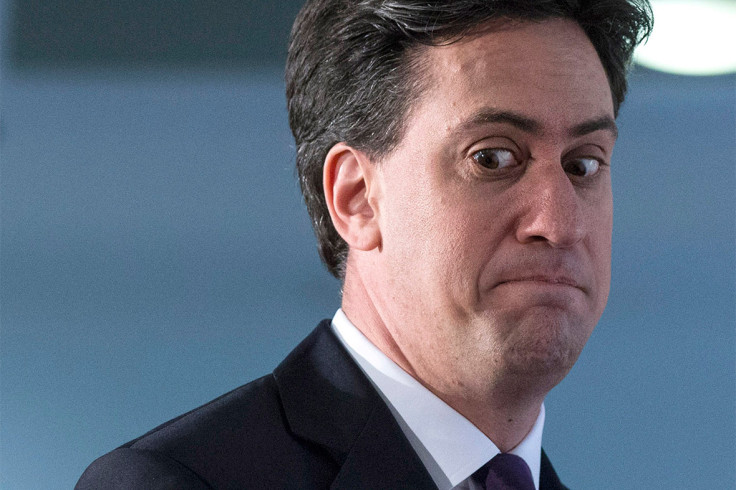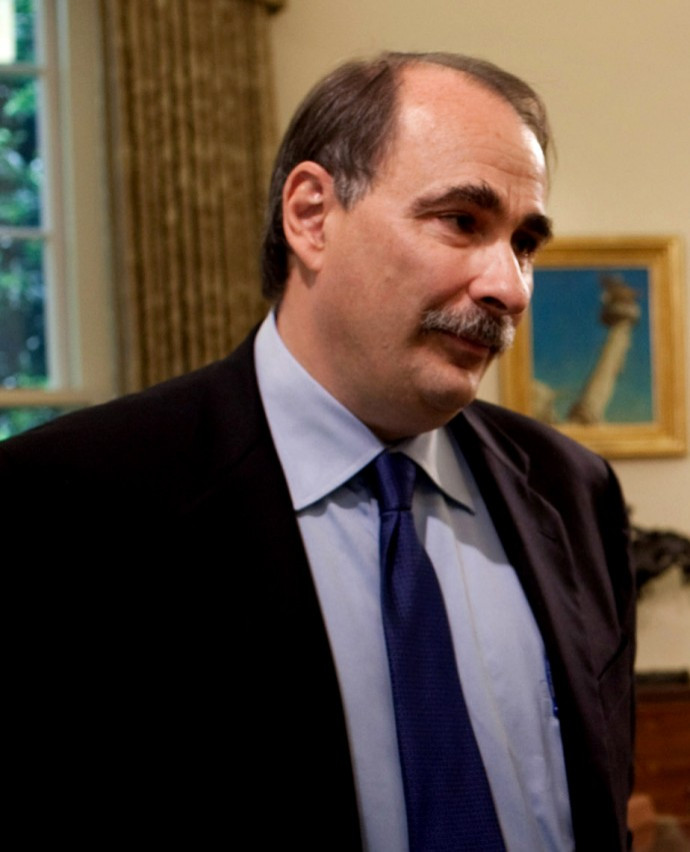Why Two Polls Showing Tories Ahead of Labour Matter

Politicians will always tell you they pay scant regard to opinion polls and, sure enough, Ed Miliband has played down the latest brace putting Labour behind the Tories for the first time in two years.
But when party leaders make such statements they are not being entirely truthful. Of course they pay attention to the polls, that is why they conduct so many of their own.
It is not because the headline figures of individual surveys are the definitive indication of who is going to go on to win the next general election.
It is because of the cumulative effect they can have, the trends they highlight and perhaps most importantly of all, the effect they can have on party morale.
I think what some of this reflects is that we are in an unpredictable period in terms of people making up their minds as to how they're going to vote in these elections in nine days' time, never mind a year's time for the general election.
So, on the day Barack Obama's election strategist, David Axelrod, arrives in Britain to advise the Labour leader on his campaign his task has been graphically mapped out by two polls, each putting the Tories two points ahead of Labour.
The first, by Tory backer Lord Ashcroft puts the Conservatives on 34%, Labour on 32%, Ukip on 15% and the Liberal Democrats on 9%.
A second, by ICM for the Guardian newspaper has the figures at 33%, 31%, 15% and 13% respectively.
The first thing that stands out is the markedly large, solid support for Ukip, the "big story" in politics at the moment.
And, while that may at first appear bad news for both mainstream parties, it is precisely the reason Miliband can claim the results are being distorted by next week's Euro elections where, he believes, voters will back Ukip as a protest aimed at the big two parties.
"Let's see what happens in the elections a week on Thursday. I think what some of this reflects is that we are in an unpredictable period in terms of people making up their minds as to how they're going to vote in these elections in nine days' time, never mind a year's time for the general election," he told the BBC.

And it is absolutely fair to say that, until those local and EU elections are out of the way and the dust has settled for a few weeks, the polls may well be being distorted by the protest vote. Then again, the nightmare for all the mainstream parties would be if the Ukip showing held up after a good EU result.
The second thing that stands out is that, even with a lead, because of the existing constituency boundaries the Tories would still not win a majority but another hung parliament would be likely.
Neither party has broken through 35%, hardly a resounding endorsement of either of them. But that figure is exactly what Labour strategists believe would give Miliband victory while the Tories need nearer 40%.
But the real issue here is whether the two polls are indicating a trend. Have the improving economic figures trumped Labour's cost of living crisis attack and started to persuade voters to stick with the Tories, despite the fact that 21% said they did not believe the economy was yet recovering.
If so, that could mean the surveys represent a turning point in the year-long general election campaign. But it is far too early to start making predictions like that.
The most important effect of the surveys will, therefore, be on party morale. Labour MPs and candidates will start to fret that their previous lead is rapidly slipping away while their Tory opposite numbers will be delighted at any suggestion they may be turning the corner.
This is, after all, pretty much what George Osborne and David Cameron have been banking on; that their austerity measures would be painful but start showing positive effects on the economy, jobs and confidence in time for them to capitalise on it on election day.
Their optimism has been boosted by figures suggesting the recession is virtually over allied with good statistics on employment and productivity. If the polls are reflecting the voting public's reaction that might be significant.
Still, there will be extreme nervousness in both camps now as they await results from the "real" poll next Thursday.
© Copyright IBTimes 2025. All rights reserved.






















